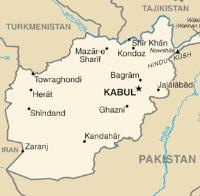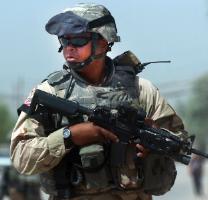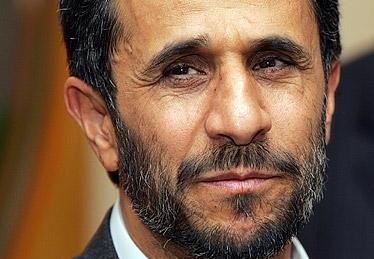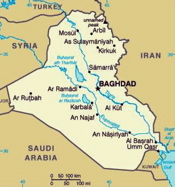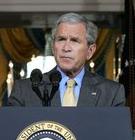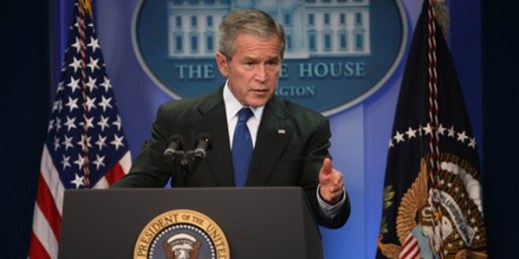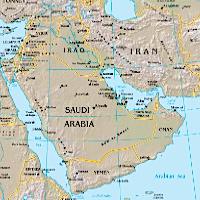
Even those in America who call for a more humble American foreign policy and recognize the need to listen to foreign populations and global public opinion persist in deploying at every possible moment the most patronizing of monikers in describing their preferred allies: “moderate.” Over the past eight years, the condescending label of moderate has been applied to a variety of potential interlocutors in regional conflicts — with never a positive result. Negotiations with so-called “moderate Taliban” proved a failure; Taliban interests and unity certainly outweighed any incentives the U.S.-backed Karzai regime could muster. The much lauded effort in Iraq’s […]

